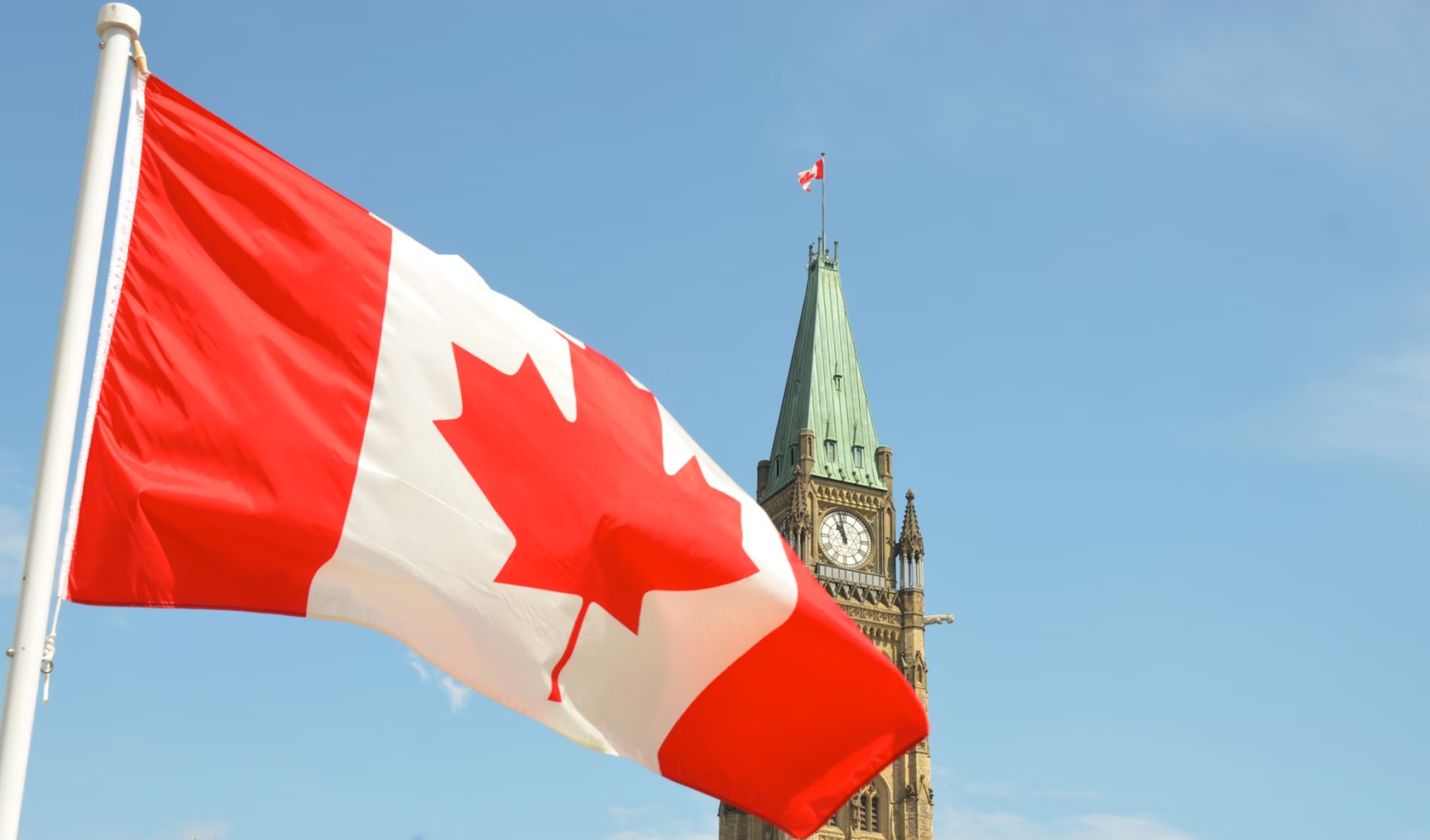According to data from the Mortgage Bankers Association (MBA), in recent years, there has been an average increase of around 15% in mortgage applications during the first weeks of January compared to the previous month. This trend underscores the significance of the early months in shaping the trajectory of the housing market for the rest of the year.
January consistently witnesses a surge in mortgage applications across the United States, marking a seasonal peak in the housing market. This phenomenon is driven by a combination of factors, including the tradition of New Year’s resolutions, tax considerations, and a renewed sense of optimism with the start of the year.
January means a fresh start
The turn of the calendar often prompts individuals to reevaluate their life goals and make resolutions for the coming year. Among these goals, homeownership is a prominent aspiration for many Americans.
Consequently, January becomes a pivotal time for individuals to take concrete steps toward fulfilling this dream, leading to a surge in mortgage applications. The sense of a fresh start, coupled with the desire to establish a stable home environment, motivates prospective homebuyers to initiate the home purchasing process during the early months of the year.
This similarly means it is a busy time for architects, mortgage brokers, solicitors, loft conversions and builders.
Use of financial bonuses
Financial considerations, including year-end bonuses and tax refunds, contribute significantly to the increased mortgage activity in January.
Many individuals receive year-end bonuses from their employers, providing them with additional financial resources to pursue homeownership. By having a better idea of their financial position, they are in a better position to understand their chances of getting a mortgage and what they can afford.
Additionally, tax refunds, which are often processed early in the year, can serve as a substantial source of down payment or closing cost funds.
According to the Internal Revenue Service (IRS), the average tax refund in recent years has been around $3,000, providing a significant financial boost for those looking to enter the housing market.
Mortgages align with economic climate
The seasonal rise in mortgage applications also aligns with the broader economic climate. Historically, mortgage rates have shown fluctuations at the beginning of the year, influenced by economic indicators and policy decisions.
Homebuyers are often keenly aware of these shifts and may strategically time their mortgage applications to take advantage of favorable interest rates. The Mortgage Bankers Association reported that the average contract interest rate for 30-year fixed-rate mortgages tends to experience variations during the early months of the year, influencing the timing of mortgage applications.
The surge in mortgage applications during January in the United States is a well-established trend driven by a combination of psychological, financial, and economic factors.
The desire for a fresh start, coupled with the influence of New Year’s resolutions, year-end bonuses, and tax refunds, contributes to a heightened level of activity in the housing market. As prospective homebuyers embark on their homeownership journey, the statistics reflect the tangible impact of this seasonal uptick, shaping the trajectory of the real estate landscape for the rest of the year.















